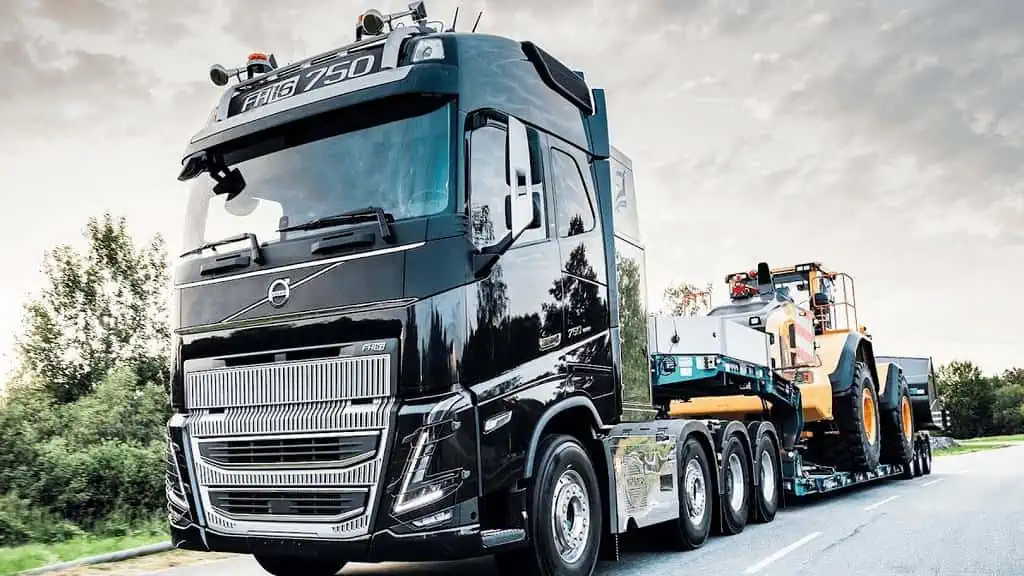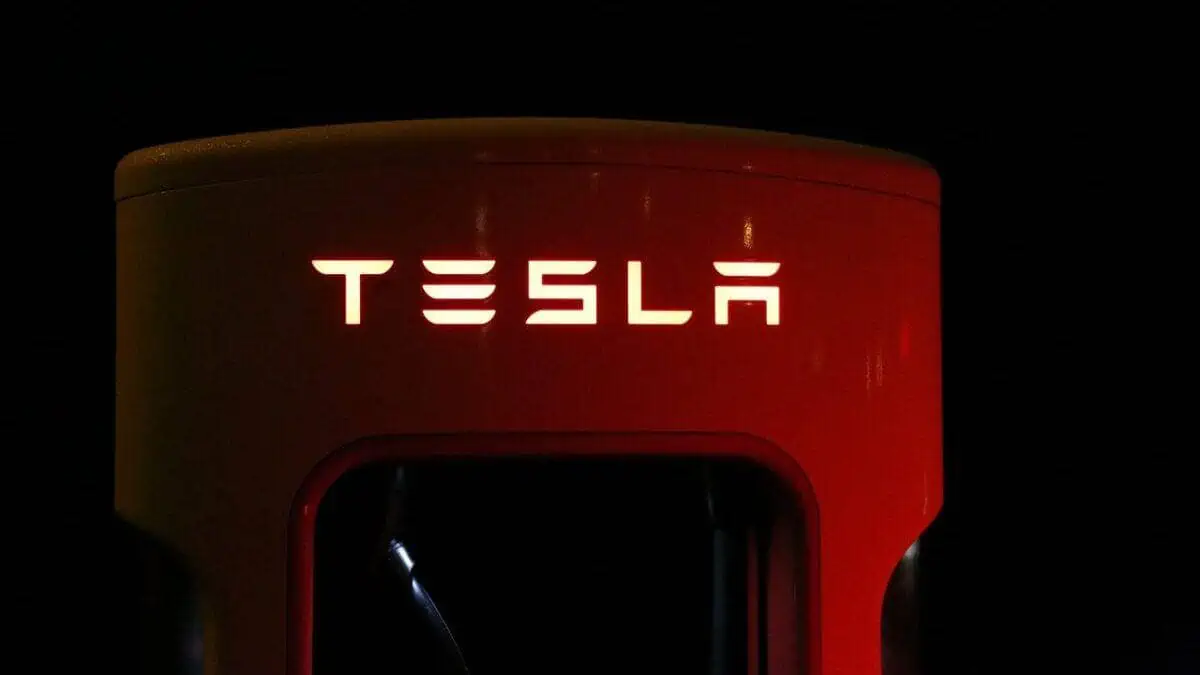Swedish automaker Volvo announced plans on Tuesday to finally halt the production of its traditional internal combustion engine-powered (ICE) vehicles in early 2024.
The decision disclosed during Climate Week NYC is a crucial part of the company’s plans to focus on the growing market of electric vehicles and catch up with industry leader Tesla.
Plan details
The Drive reports that Volvo will release its last diesel vehicle as early as next year, officially initiating its full transition to electric vehicles.
Volvo claims that this move will advance its position as the first-ever legacy automaker to fully shift its focus and resources to more sustainable battery-powered models.
Notably, it demonstrates the brand’s commitment to staying true to its promise in 2022 to officially halt its ICE vehicle production.
“Electric powertrains are our future, and superior to combustion engines: they generate less noise, less vibration, less servicing costs for our customers and zero tailpipe emissions. We’re fully focused on creating a broad portfolio of premium, fully electric cars that deliver on everything our customers expect from a Volvo – and are a key part of our response to climate change.”
Jim Rowan, Volvo Cars Chief Executive
Volvo’s 2030 goal
Volvo aims to transition to an all-electric brand by this decade as it aims to advance in this rapidly growing market.
It aims to only launch battery-electric vehicle models from 2030, with plans to hit full climate neutrality by 2040.
Volvo’s final decision to turn away from its thriving traditional car making business is largely influenced by the UN’s recent Global Climate Stocktake report that outlines the urgency of taking relevant measures to alleviate the ongoing climate issues globally.
“What the world needs now, at this critical time for our planet and humanity, is leadership. It is high time for industry and political leaders to be strong and decisive, and deliver meaningful policies and actions to fight climate change. We’re committed to doing our part and encourage our peers as well as political leaders around the globe to do theirs.”
Jim Rowan, Volvo Cars Chief Executive
Volvo’s major move to only produce clean energy vehicles also shows the rapid shift in customer demand for vehicles amid the climate crisis. The company indicated that its ICE models were once its “bread and butter” in the European market. However, the emergence of EVs significantly changed due to stricter emission standards, increasing fuel costs, and market demand, among others.






